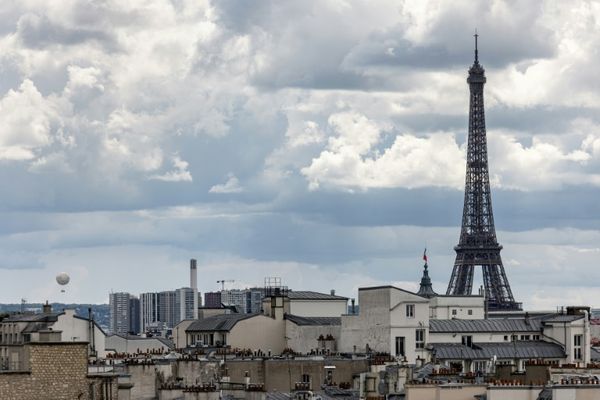
Warren Mundine has told a community forum in Albury-Wodonga that social division was likely no matter the result of the referendum on the Indigenous voice to parliament, and urged no-voters to remember that they do not have to tell anyone how they plan to vote.
Mundine, who leads the no campaign group Recognise a Better Way, spoke to 400 people at the forum hosted by conservative Christian lobby group the National Civic Council at the Cube in Wodonga on Sunday. The crowd matched the size of a yes campaign event hosted by Indi MP Helen Haines with minister for Indigenous Australians, Linda Burney, last week.
Anglican rector Father Peter MacLeod-Miller attended both events. He asked Mundine whether he thought it was possible to make the debate less divisive, saying that he feared that publicly supporting the no case would invite attacks.
MacLeod-Miller has been vocal in his opposition to the voice, telling local media last month that he would vote no.
MacLeod-Miller referred to the slide behind Mundine carrying the message “It’s OK to say no”, and said while he had previously allowed candidates in state, federal and local elections to put posters on the fence of his private residence in Albury, he may not do so now.
“I would be able to put up ‘yes’ all over (the fence) in perfect safety but I could not put a sign – your sign – on my fence without having a rock through my window,” MacLeon-Miller told Mundine.
“In my own diocese to my regret they have said that we should be promoting the ‘yes’ vote which is I think a lack of understanding. How can we turn back the community conversation so it’s actually safe … so that we can actually put that sign or your sign up in our windows?
“I think the referendum has been a failure already because it is unsafe to have these conversations out in the public.”
Mundine said it was a sorry situation where people were living in fear because they couldn’t express their viewpoints without threats or being called racist, even by friends.
He said he was approaching the ballot with sadness but also hope because of nationwide polls indicating almost unanimous support for reconciliation and practical outcomes for Indigenous Australians including jobs, personal safety, health and education, regardless of the referendum outcome.
“I have a lot of faith in the Australian people, whether they’re going to vote yes or no,” he said.
“I say to people it’s a secret ballot; they can’t follow you into the polling booth, you can vote any way you like … and they don’t have a clue that you did.”
Mundine said divisiveness would be an ongoing legacy of the voice and that social problems, particularly domestic and family violence, should instead be addressed by grassroots action and programs.
He accused Burney of being “quite frankly … out of her depth” and seeing the voice as a panacea or “magic wand” to address all challenges facing Aboriginal Australians.
“How is a committee in Canberra going to change all this stuff? It’s just nonsense. It has to go back into those communities. That’s where the change has to come from.”
He also claimed the voice would “reverse the vision” of the 1967 referendum and lead to bureaucratic oversight, centralised government dependence, segregation, and a mindset focused on grievance, historical wrongs and identity politics.
The 1967 referendum, which had bipartisan support and passed with a 90% yes vote, was to amend section 51 of the constitution to give the Commonwealth power to make laws for Aboriginal people, and to amend section 127 to remove the provision that Indigenous people should not be counted in the census.







